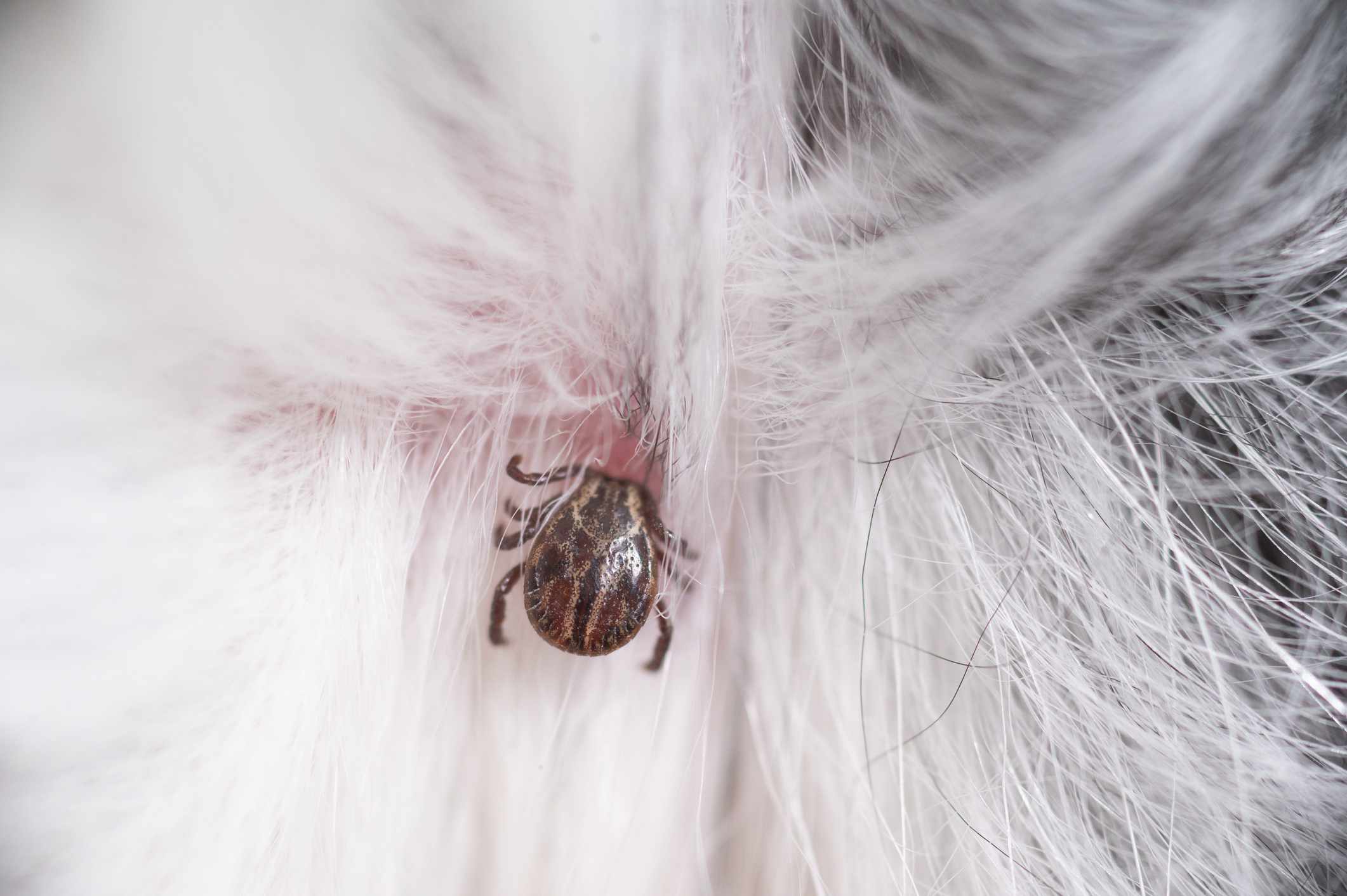Since ticks are usually thought of as found outside, many people are unaware of the fact that they can live indoors. Despite the need to believe that our homes are safe havens, ticks can enter them and eventually lead to an infestation. It is essential to understand the dangers and preventive measures in order to maintain an area free of ticks. For more help regarding the eradication of ticks, contact Saela Pest Control.
How can you eliminate ticks from your home?
Ticks are external parasites that consume the blood of birds, mammals, and occasionally reptiles and amphibians. Despite the fact that they mostly live in grassy, densely forested locations, they can enter your home by way of clothing, pets, or other objects. Ticks can survive once they are inside and, provided the right circumstances, even thrive.
Are Ticks Able to Live Indoors?
Ticks can, in fact, survive and reproduce indoors; however, this depends on a variety of factors, including humidity and temperature. As they can become exhausted and even die in arid conditions, ticks generally prefer a damp environment. Ticks may choose to stay in your home if it provides these cozy conditions.
Early Signs of a Tick Problem in Your Home
Early detection of a tick infestation is essential for preventing it from turning into a more severe problem. The following signs could indicate tick activity in your house:
-
Discovering Ticks on Family Members or Pets
Finding ticks on your family members or pets after they have been indoors is one of the most precise signs of a tick infestation. Since pets tend to be the first to carry ticks into the house, it is essential to do regular examinations, especially after they have been outside.
-
Spotting Tick Eggs or Larvae
Ticks lay their eggs in isolated locations, cracks, and fissures. It could mean an infestation if you find small, reddish-brown particles or tiny ticks in your house.
-
Experiencing Mysterious Tick Bites
Ticks could be the cause of bites that you or your family members suffer and that you are unable to connect to common indoor pests like bed bugs or mosquitoes.
How to get rid of ticks
There are many steps you can take to address the problem of getting rid of ticks in your house.
-
Thorough Cleaning
Start by thoroughly cleaning your house. Vacuum the furniture, rugs, and locations where your pets hang out. To keep ticks from returning to your home, make sure to empty the canister outside or dispose of the vacuum bag.
-
Cleaning and Drying at High Temperature
Because they are heat-sensitive, ticks can be eliminated from laundry by washing and drying bedding, garments, and pet bedding at high temperatures.
-
Applying Insecticides and Tick Repellents
Ticks can be removed chemically using a number of techniques. It is essential to use insecticides in accordance with the manufacturer’s suggestions and to keep kids and pets safe in the house.

What is the duration of a tick’s life without a host?
Most tick species require a host to ensure their survival across all life stages, and it takes them roughly three years to mature (adult females deposit eggs in their fourth spring).
After mating, male ticks die, while female ticks lay thousands of eggs next spring before dying soon after.
The surroundings and species of ticks impact how long they can live without food. The American dog tick may survive for up to two years without food, whereas other tick species would die if they go without food for a full day.
Can ticks multiply in your home?
Tick infestations are rare because, in a climate-controlled setting with low humidity, ticks typically desiccate or dry out and die quite rapidly. Ticks exposed to indoor moisture levels died in eight hours, according to one study.
Ticks usually enter buildings by sticking themselves to shoes, clothing, or the fur of pets in search of a host, oblivious to the hostile conditions lying ahead. Because of this, several ticks will rarely enter a home and live long enough to reproduce.
You may also like
-
Top Reasons to Trust the Best Countertop Company in Canada
-
Uncovering Bedok’s newest luxury living trends near New Upper Changi Road Condo
-
Seasonal Considerations for Tree Removal Seattle WA
-
How to Choose the Right Home in Spring Hill with AC and Garage Features
-
How to Create a Mood Board for Your Next Room Makeover

